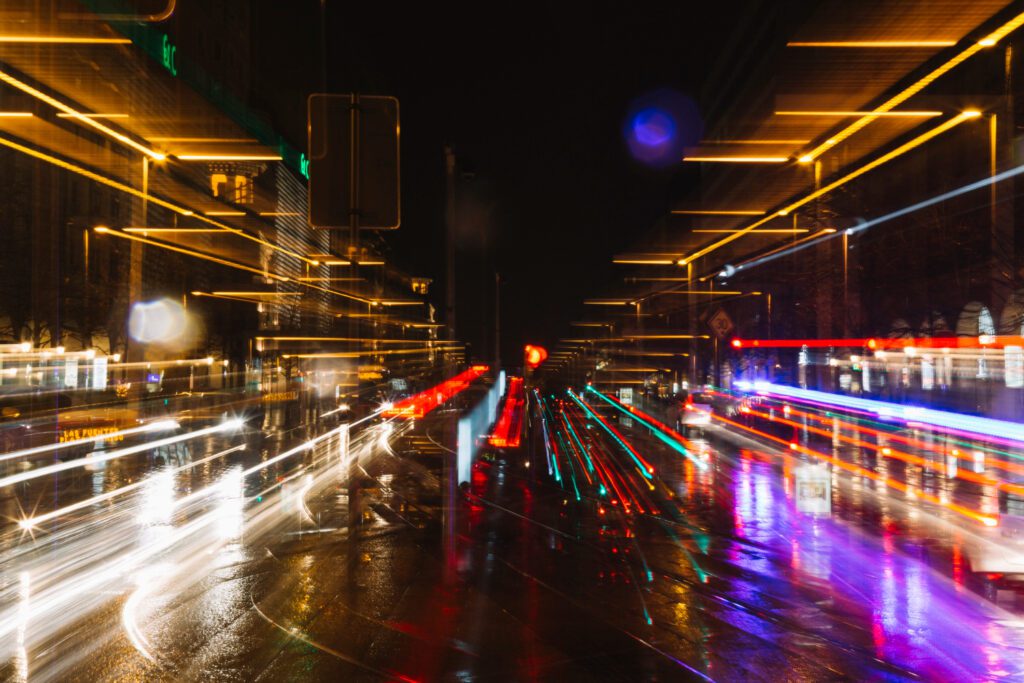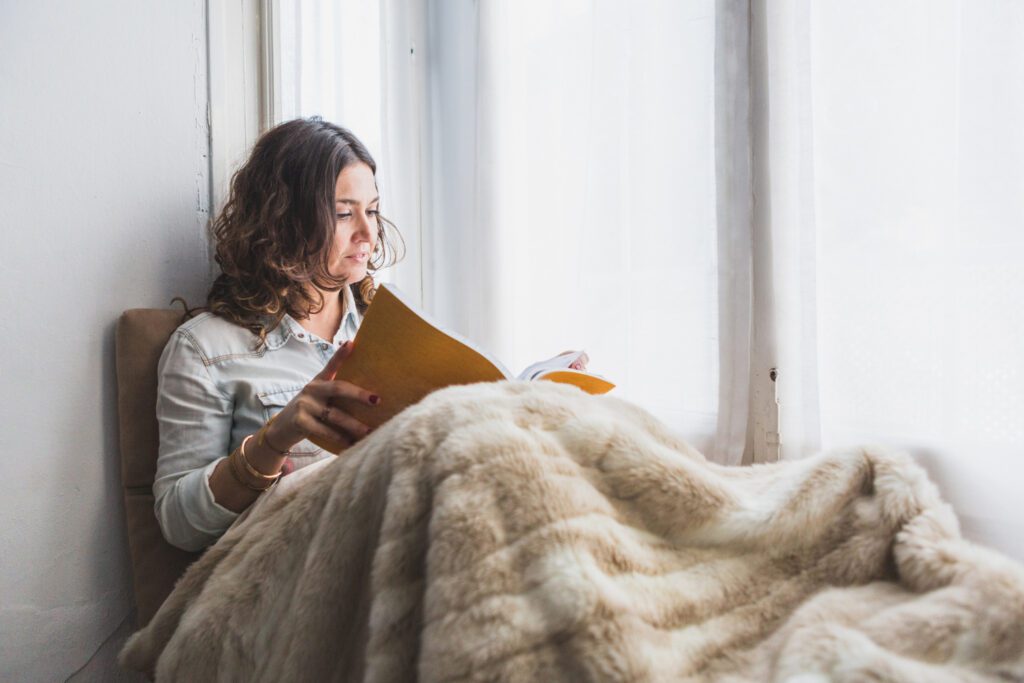How Noise Pollution Affects Deep Sleep and What to Do About It
Table of Contents
If you’ve ever woken up feeling tired — even after a full night’s sleep — noise might be the hidden culprit. Whether it’s traffic, barking dogs, or buzzing electronics, noise can interrupt the most important stage of your rest: deep sleep. According to the Sleep Foundation, nighttime noise can significantly reduce sleep quality and prevent the body from reaching deep, restorative rest.
Understanding how noise pollution affects deep sleep is the first step toward improving your sleep quality and feeling more refreshed each morning.
What Is Noise Pollution?
Noise pollution refers to unwanted or disruptive sounds in your environment. Common sources include:
- Traffic and road noise
- Airplanes and trains
- Loud neighbors or parties
- Snoring or TV sounds from another room
- Electronics that buzz, beep, or hum
Even if you think you’re used to background noise, your brain isn’t always sleeping through it.

How Noise Affects Deep Sleep
Deep sleep is the stage where your body restores itself. Your heart rate slows, your muscles repair, and your brain consolidates memories. It’s the most restorative phase of sleep — and it’s also the most sensitive to noise.
Here’s how noise pollution affects deep sleep:
- Frequent micro-awakenings: Even if you don’t remember waking up, noises can cause your brain to shift out of deep sleep.
- Shorter deep sleep cycles: Noise prevents your body from staying in this healing stage long enough.
- Increased stress hormones: Background noise can cause your brain to release cortisol, the stress hormone — even while you sleep.
- Daytime fatigue and brain fog: Without enough deep sleep, you’ll likely feel more tired, irritable, or unfocused during the day.
The result? You may be sleeping, but not truly resting.
Signs Noise Is Ruining Your Sleep
You might not realize noise is the issue. Here are some common signs:
- Waking up multiple times a night for no clear reason
- Feeling tired even after 7–8 hours of sleep
- Having vivid dreams or light sleep most of the night
- Headaches, irritability, or brain fog in the morning
If this sounds familiar, your sleep environment may be too loud for deep rest.
5 Simple Ways to Block Noise and Sleep Better
Here’s what you can do to protect your deep sleep — even if you live in a noisy area:
1. Use White Noise or Sleep Sounds
A fan, white noise machine, or nature sounds can mask disruptive noises by providing a constant, calming background.
2. Try Earplugs or Sleep Headphones
Comfortable earplugs or soft sleep headbands with built-in speakers can help reduce or replace noise.
3. Rearrange or Soundproof Your Room
- Move your bed away from noisy windows
- Add curtains, rugs, or bookshelves to absorb sound
- Use door stoppers to block hallway noise
4. Turn Off or Silence Electronics
Unplug buzzing chargers, silence notifications, and turn off TVs or computers.
5. Set Boundaries for Household Noise
If others are awake while you sleep, communicate your bedtime and create quiet hours if possible.

Even small changes can have a big impact on how noise pollution affects deep sleep.
Final Thoughts
Noise doesn’t just make sleep harder to fall into — it steals the most restorative parts of your rest. Once you understand how noise pollution affects deep sleep, you can make simple changes to protect your sleep and feel more energized during the day.
FAQ: How Noise Pollution Affects Deep Sleep
1. Can my brain really hear noise while I’m asleep?
Yes. Your brain stays alert to sound even during sleep, especially during light and deep sleep stages.
2. Is it bad to sleep with music or TV on?
Constant changes in volume or dialogue can disrupt deep sleep. White noise is a better alternative.
3. Do noise-canceling headphones work for sleeping?
Yes, if they’re comfortable and designed for sleep. They can help block or replace disruptive sounds.
4. Is complete silence better than white noise?
Not always. For some, complete silence can make smaller noises more noticeable. White noise provides a gentle buffer.
5. Will I get used to noise over time?
You might stop noticing it consciously, but your brain may still be affected — especially during deep sleep.

Pingback: Best Teas for Kids to Sleep Naturally: 7 Safe Options